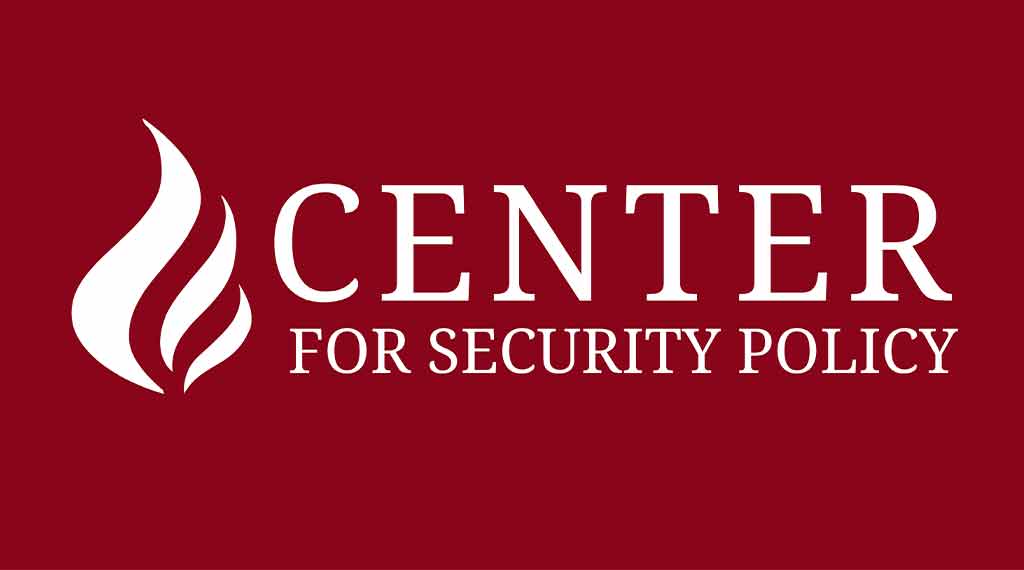Mississippi Takes Action to Head Off Jihadist Lawsuits


When it comes to suspicious, potentially terrorist activity, Americans are encouraged to, “if you see something, say something.” But before they do so, they should have a right to know that they won’t be sued for their efforts.
Unfortunately, this is exactly what happened to passengers aboard a US Airways flight bound from Minneapolis to Phoenix in November 2006 who alerted airline personnel to what they perceived to be suspicious activity on the part of six other passengers. For “seeing something” and then “saying something” to airline personnel, the passengers, the crew, and the airline were dragged into court.
Such lawsuits dissuade honest citizens from reporting suspicious, potentially terrorist activity. Even if such suits are ultimately dismissed, the expense and inconvenience of defending against them is a strong discouragement to those who might otherwise be willing to report suspicious activity.
Make no mistake, the US Airways lawsuit, which was backed by the Council on American Islamic Relations, was no random act. It was in fact designed to set a precedent and to intimidate Americans. This form of “lawfare” can prevent citizens from “saying something” when they “see something.”
The impact of such frivolous litigation extends outside the courtroom and across our society and culture. Americans are conditioned to stay silent out of political correctness and fear of being labeled a “bigot.”
That is exactly what happened in San Bernardino, California, where a neighbor observed suspicious activity at the home of Syed Farook and Tashfeen Malik who eventually went on to slaughter 14 innocent people at a Christmas party in a horrific Jihadist attack. The neighbor thought about reporting the suspicious activity but decided not to do so out of fear of being labeled a bigot or racist.
America needs citizens to be vigilant. We cannot depend solely on law enforcement to uncover suspicious activity. Numerous crimes have been prevented and criminals have been apprehended as a result of reports by private citizens. There have even been instances when members of terrorist organizations in the United States have been apprehended due to such reports, notably a Charlotte, North Carolina Hezbollah cell in 1998.
Recently, Mississippi became the latest state to protect its citizens from such lawfare suits designed to silence witnesses. Authored by State Representative Andy Gipson, Mississippi’s “See Something, Say Something Act,” immunizes individuals who in good faith report suspected potential criminal or terrorist activity from unfounded lawsuits, thereby encouraging citizens who “see something” to “say something” and help law enforcement agencies protect us from crime and further terrorist attacks.
The law provides (1) that individuals who report suspicious, potentially terrorist activity in good faith cannot be sued as a consequence, and (2) that suits against such individuals alleging that the report was made in bad faith must be pleaded with particularity.
The law protects people who “say something” by preventing them from being sued when they, in good faith, with a reasonable belief, report suspicious behavior that they believe constitutes, is indicative of, or is in furtherance of a crime or an act of terrorism.
The Mississippi act was modeled after the state of New York’s 2007 “Freedom to Report Terrorism Act.”
- President Trump Takes a Much Needed Step on Fentanyl - December 15, 2025
- Texas leads the way against the Muslim Brotherhood - November 25, 2025
- Defender of Freedom: Senator Jay Collins - August 4, 2025
